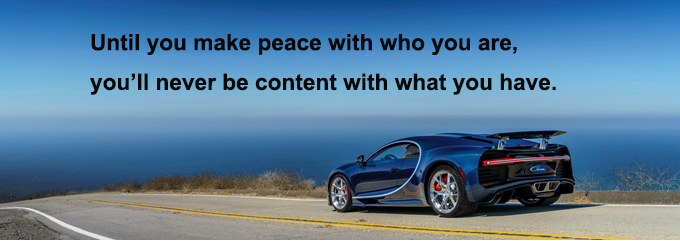
Nowadays, after buying new cars, people generally carry out periodical maintenance. We hope that our vehicles are in the excellent working state. Of course, daily care is directly related to the safety of the driver and passengers. Here are some tips. Let's take a look.
Tip 1: More inspection to reduce carbon deposits
When it's getting cold in autumn, you may often encounter slow acceleration, incomplete combustion of the gas mixture and difficult starting. Those symptoms indicate that your car's valves have carbon deposits. Therefore, you should seek help and check in time.
For example, carbon deposits in the spark plug make an impact on the ignition. Periodic cleaning is imperative. Otherwise, too many carbon deposits force you to replace the spark plug.
In addition, you can also drive more at high speed and try to increase the gear-shifting rotation speed to prevent carbon deposits.
Tip 2: Car service is indispensable
Sometimes the car body is moist in the morning. If there are noticeable scratches on the body surface, you should have it painted in time to avoid rusting. When the season changes, it's a good idea to carry out a series of car services, from cleaning and polishing to waxing, glazing or coating.
If you need to replace engine parts in your car, We appreciate your interest in our products at Delcoribo. Please contact us.
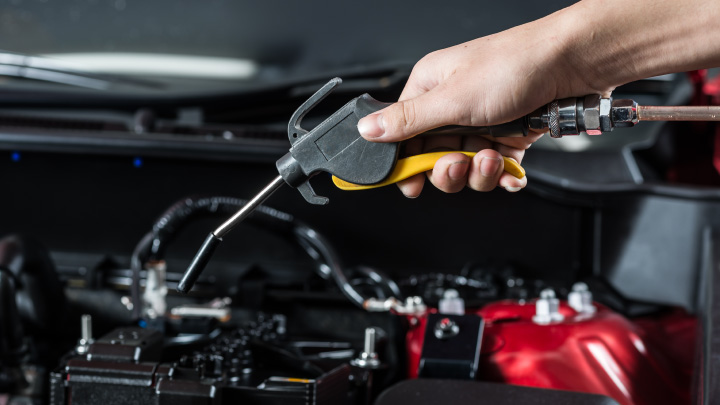
Tip 3: Ensure normal tire pressure and prevent flat tires
Tires are the 'feet' of the car. They play vital roles in the vehicle's safe running. In summer, due to the high temperature, you should always check the tire pressure. Do not make the pressure too high. Otherwise, there is a risk of a blow-out.
In autumn, as temperatures are relatively low, tires need air inflation. At the same time, you should also check tires for scratches. In autumn and winter, rubber tends to harden and become brittle. Air leaks and even punctures can easily occur.
Tip 4: Water should not replace the antifreeze
Some car owners like to replace the antifreeze with water in the summer, which is an undesirable practice. In autumn, when it's getting cold, if you don't use the antifreeze in time, it is likely to affect the routine work of the car's cooling system once the temperature drops abruptly.
Typically, the life cycle of the car antifreeze is two years. If the owner uses the antifreeze in summer, there is no need to replace it urgently as long as it doesn't exceed the service life. Antifreeze is a better choice, not water.
Tip 5: Check your braking system regularly
Pay attention to whether the brake fluid is sufficient and whether the quality is getting worse. Refill or replace the brake fluid when needed. Replace the fluid every two years.
Always check whether the brake weakens or deviates. Clean the pipes in the entire brake system if necessary.
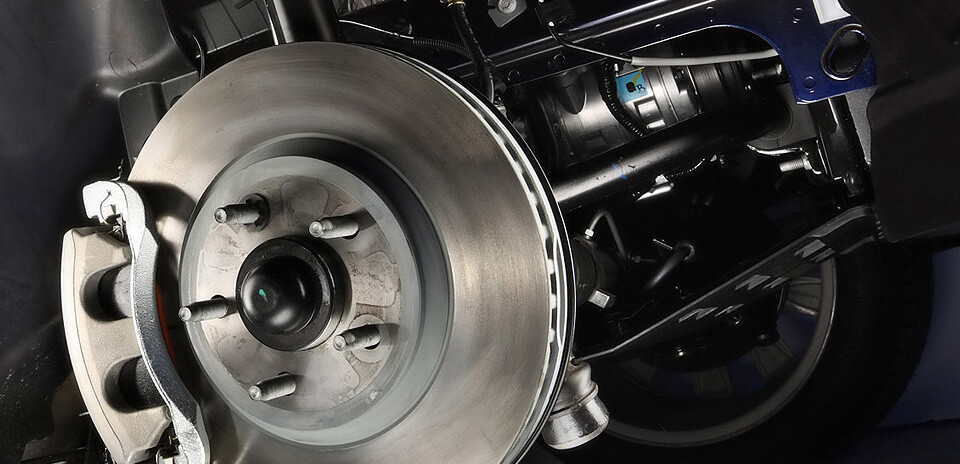
Tip 6: Take windscreen defrosting seriously
In autumn, when the temperature is lower, white frost appears. You should notice whether the air coming out of the defrost vent under the windscreen is normal. Check whether the heat is sufficient. If there are some problems, you should solve them in time. Otherwise, the defective windscreen defrosting brings lots of trouble and insecurity to winter driving.
In winter, when the frost warning light on the dashboard illuminates, the temperature outside is low. Please drive carefully to prevent icy roads.
Tip 7: Air conditioners need more maintenance when seasons change
The summer is hot, with high temperatures. Car air conditioning is often overloaded. In addition, there is more rain in the summer. Cars often drive on some wading roads. The lower part of the air conditioning condenser stains with a lot of mud and sand, which causes rust and corrosion over time. The rust and corrosion shorten the service life of the air conditioning.
Tip 8: Electrolyte in the battery
In autumn, the electrode junction of the battery is the most vulnerable place. If you find green oxides at the electrode junction during an inspection, flush them out with boiling water. These green oxides decrease the generator's electricity capacity, leaving the battery in a state of power deficit. In severe cases, the battery can be scrapped. The car struggles to start.
The electrolyte in the battery should be enough. Keeping the lead plate submerged by 10mm is good. Check the specific gravity of the electrolyte to maintain the charge capacity. If the battery is undercharged, it is easy to crack in cold weather. After driving for about three years, put the replacement of the car battery on the plan.
Tip 9: Pay attention to the alternator
Clean the exterior of the alternator frequently to keep it clean and well ventilated. Check the tightness of the fasteners associated with the alternator and tighten the screws immediately if they are loose. The tension of the drive belt should be appropriate.
Tip 10: Dust your car from time to time
Some car owners like to put some stuffed toys in the car. These things attract a lot of dust and bacteria. In addition, seats, carpets, dashboards, footrest mats, seat gaps, and doors inside are also places that easily accumulate dust.
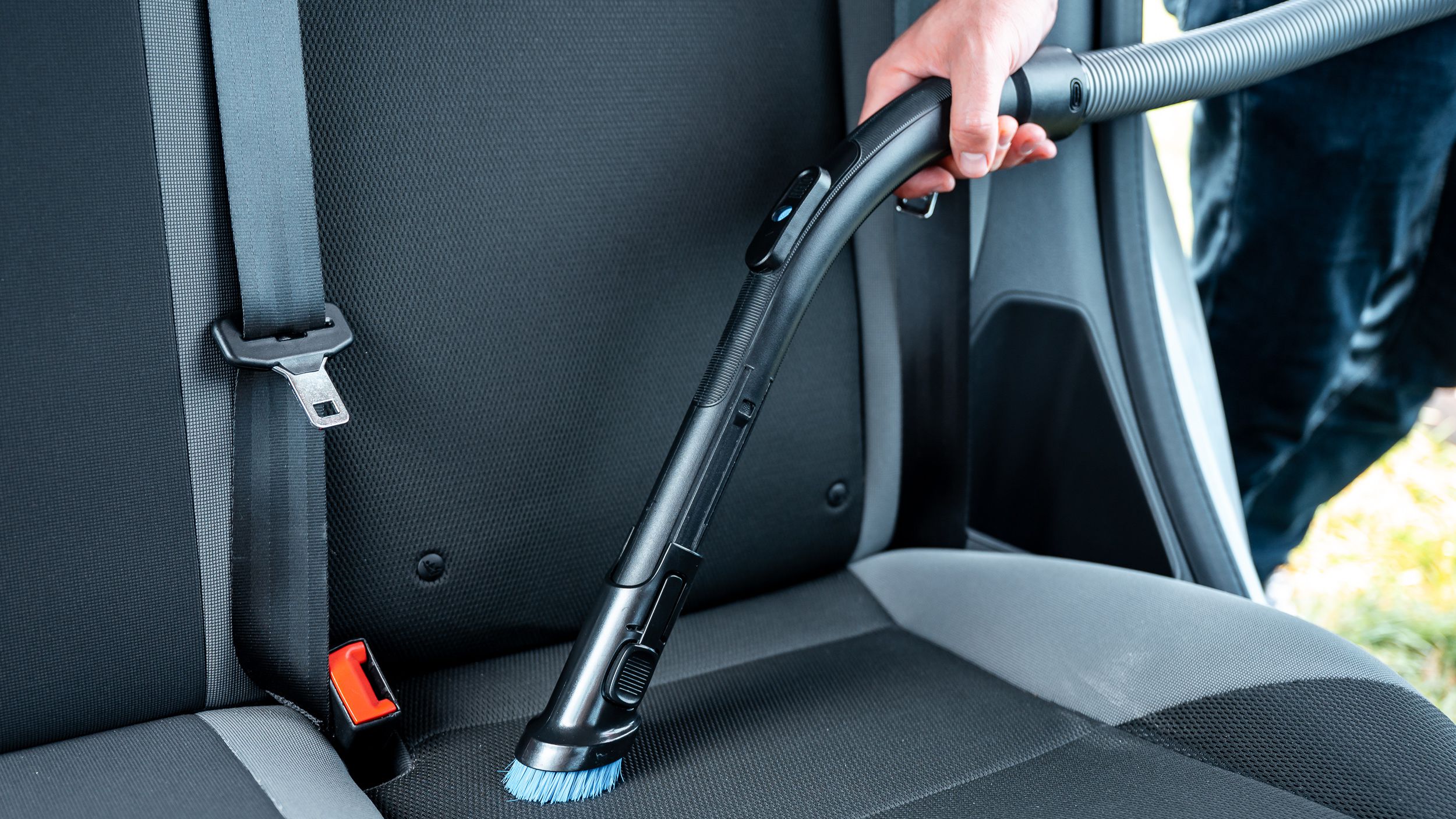
The spatial limitation inside the car helps harmful substances breed and grow. The hot weather largely catalyzed this development. Therefore, it is advisable to give the interior of your vehicle a thorough cleaning and disinfection in autumn.
Notice: Airbags are disposable products. After one ejection, the airbag no longer works. If there are oil stains, dust on the airbag, it is a forgery.
In addition, the door axle and guide rails are prone to rust due to the attack of the wind, sand and the impact of car washing. They make strange noises when opening and closing the door. Periodically greasing with anti-rust oil can resolve the issue.
Tip 11: Prevent the static electricity
It's dry in autumn, which makes it easy to generate static electricity. Its voltage is not enough to cause too severe problems for the car and people, but even minimal currents can make people feel uncomfortable. In extreme cases, static electricity causes symptoms such as headaches, insomnia and irritability. It even causes various cardiovascular diseases.
Tip 12: Wash leather seats with soap
Leather seats are afraid of hard scratches and detergent. The soap is with small corrosiveness. It cleans thoroughly. After cleaning, the surface is soft and shiny. Soak a clean, soft towel in the warm soap water, then wipe the seat. If the towel becomes dirty, it proves the remarkable effect of this method.
Tip 13: Remove scratches by the toothpaste
Scratches are always appearing on our cars. They are normal for car owners. Someone thinks this is unacceptable, and they may seek help for waxing. Sometimes this is not an advisable option. we can choose toothpaste to remove minor scratches. It works.
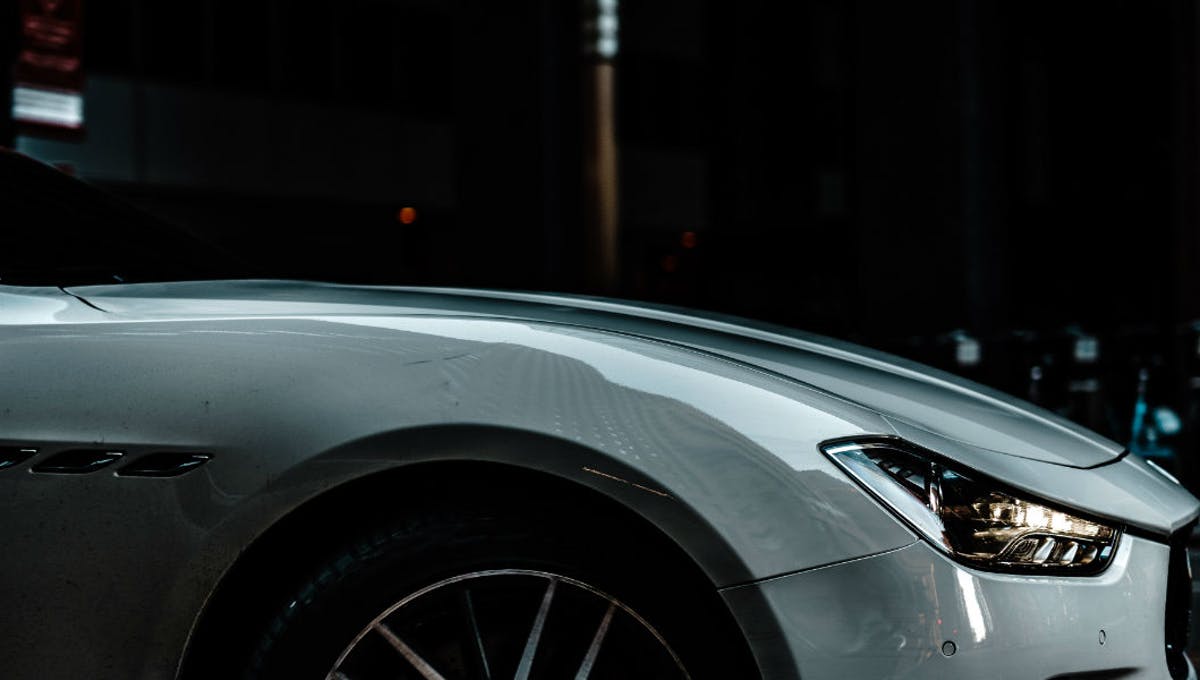
Tip 14: Remove windshield stickers with essential balm
Annual audit stickers on the front windscreen are tough to remove. We handle them with the essential balm, which leaves no trace. The reason for this is that the essential balm dissolves the chemical composition of the stickers. If you don't have the balm on hand, toothpaste is a good substitute, but it will be less effective.
Tip 15: Choose a suitable way to speed up
Generally speaking, when you idle the engine, you can quickly rush to more than 3,000 rpm if you start the engine directly in the second gear. Push into the third gear promptly, and then rush to more than 3,000 rpm.
In this case, you can increase the speed as fast as possible. Your car will run faster than others. It is easy to switch to fourth and fifth gears. The vehicle speed sensor takes charge of the gear shifting. Well-behaved vehicle speed sensors take charge of the gear shifting. So take good care of the engine!
In fact, this method is harmful to your vehicle. On the other hand, you can do this when you are in a hurry to leave. For example, you are in a hurry to keep away from a truck on the highway, just do it.
Tip 16: Tire maintenance is essential
Tires are essential parts of the car. They are the only car parts that get in touch with the ground. We must pay attention to the maintenance and testing in our daily lives. If there's something wrong with tires, put the replacement on the plan. Otherwise, traffic accidents will happen.
 Lauritz Carolsfeld
Lauritz Carolsfeld  July 20, 2021
July 20, 2021